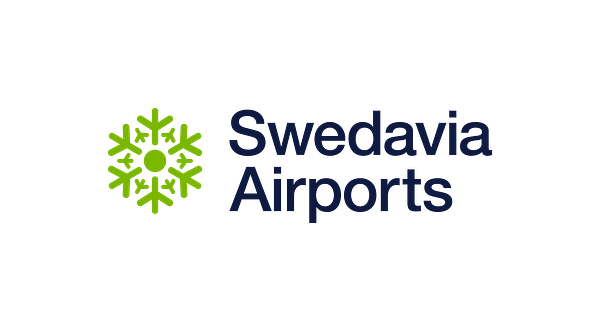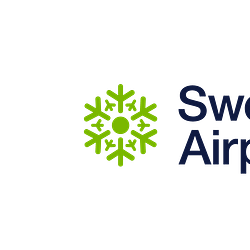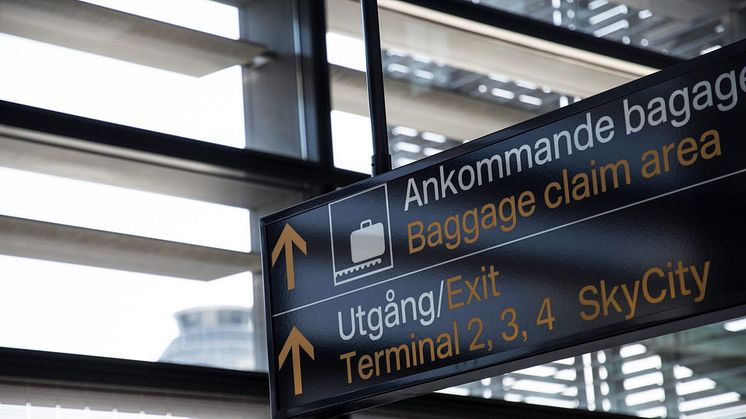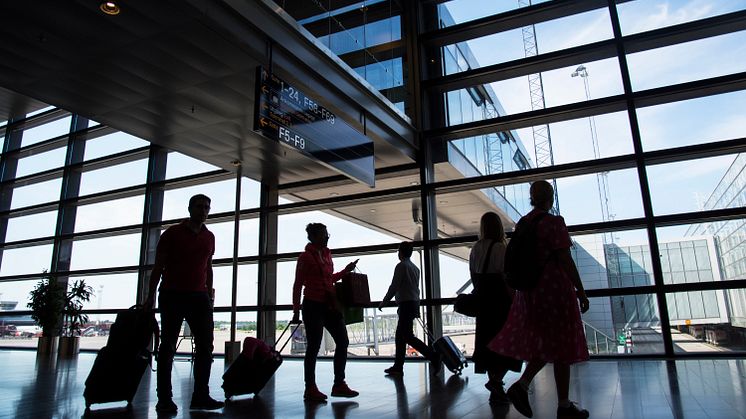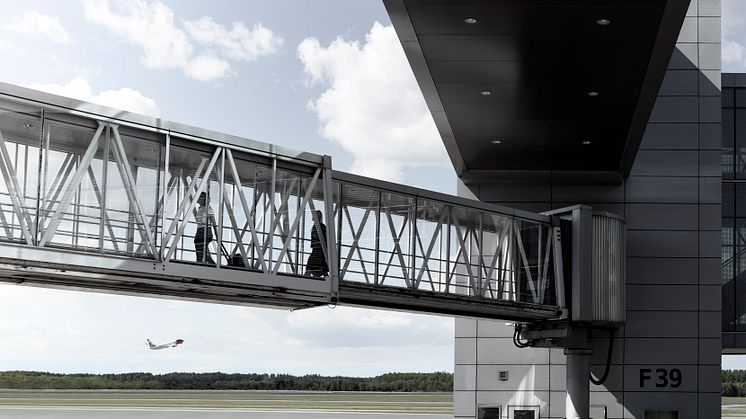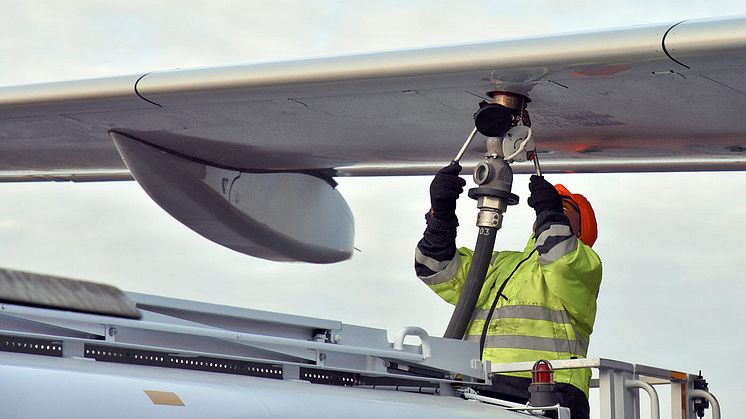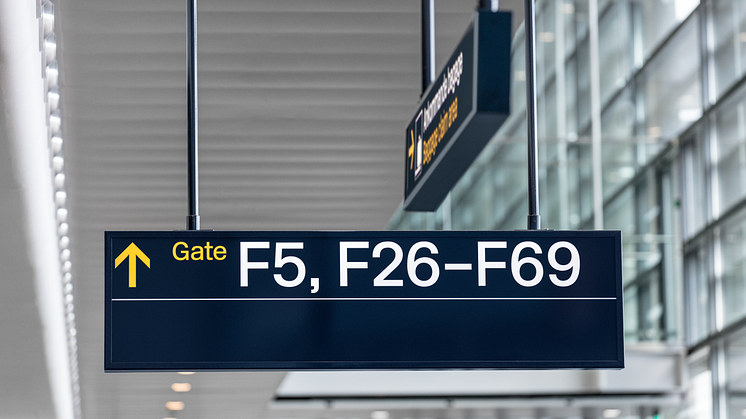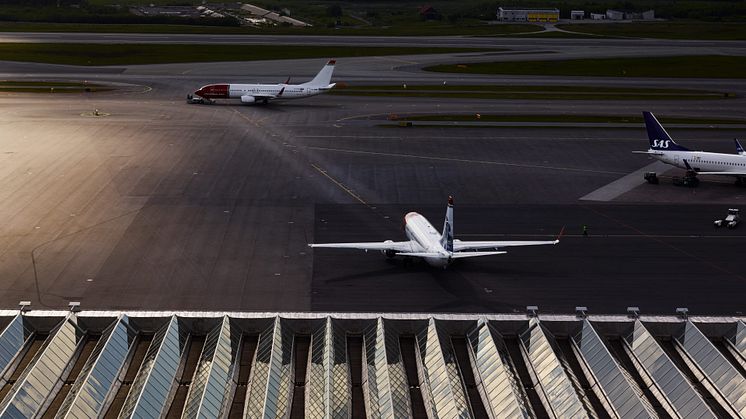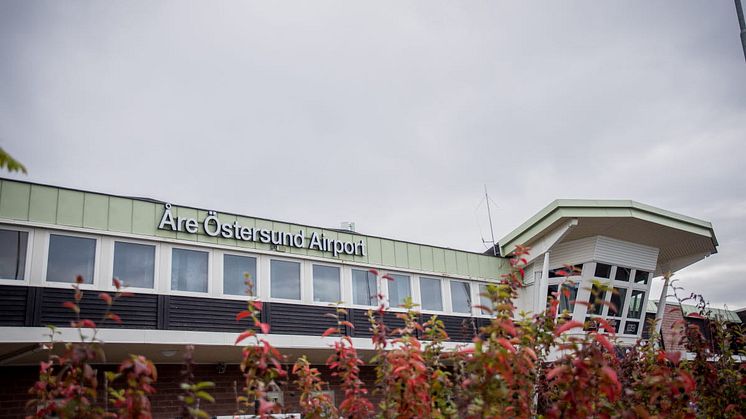Press release -
Swedavia submits requested impact assessment on possible early closure of Bromma Stockholm Airport to its owner
Swedavia today submitted the overall conclusions of an impact assessment, based on the company’s commercial considerations, of a possible political decision to close Bromma Stockholm Airport ahead of time. The assessment was carried out at the owner’s request and was submitted to Sweden’s Ministry of Enterprise and Innovation.
Swedavia is a State-owned company entrusted with the task of operating Sweden’s national basic infrastructure of airports. Which airports are included in this basic infrastructure – currently ten, with locations ranging from the north to the south of the country – is a political decision.
In 2020 the Covid-19 pandemic has had a drastic impact on the aviation market. Airports throughout the world have been virtually at a standstill without any traffic. Although a very cautious recovery has begun, by all indications the consequences will change the aviation market fundamentally. In light of this, Swedavia’s owner asked the company to conduct an impact assessment on the commercial considerations of a possible early closure of Bromma Stockholm Airport.
“In Swedavia’s view, given the new market situation, the continuation of operations at Bromma is no longer justified on commercial grounds and a consolidation of air traffic in the Stockholm region at Stockholm Arlanda Airport is possible. However, it is essential that Arlanda has the long-term conditions to develop in line with the needs of society. At the same time, I would like to emphasise that Swedavia has reached this conclusion based on the commercial conditions of the company and that a political decision to close Bromma ahead of time should be made taking a broader social perspective into consideration,” says Åke Svensson, Chairman of Swedavia’s Board of Directors.
Safeguard competitiveness in a wounded aviation market
Although the long-term impact of the Covid-19 pandemic is uncertain, there is much to suggest that tomorrow’s aviation market will look very different than yesterday’s. In many cases, companies operating in the market will need to implement major structural measures to remain competitive.
“The aviation market is facing an unprecedented crisis. Bromma will most likely have excess capacity due to low traffic volume for a long time going forward. In the long term, the cost of this will be borne by passengers and already wounded airlines, which we do not believe is possible,” says Jonas Abrahamsson, Swedavia’s President and CEO.
Moreover, it is believed that Bromma will not be able to continue airport operations after 2038, when its current lease with the City of Stockholm expires.
Ten airports for the present
If Bromma closes ahead of time, Swedavia believes that commercial air traffic there can be handled at Arlanda in the short term without bringing forward any significant further investments in infrastructure. In the longer term, further investments in infrastructure are needed at and around Arlanda, regardless of whether Bromma is closed down in advance or not. These investments include an additional runway at Arlanda. Arlanda also needs to be able to continue to serve as a catalyst for the aviation industry’s ongoing transformation in response to climate change.
In terms of Swedish connectivity, a consolidation of Stockholm’s air capacity at Arlanda could mean that, for some areas in Sweden, air links to Stockholm would deteriorate. At the same time, some areas would get better national and international connectivity by bringing together domestic and international traffic at a one airport.
“We have now reported the conclusions from our impact assessment to our owner, which will consider Swedavia’s assessment together with other relevant perspectives. For the present, we have a task to continue operating our ten airports – including Bromma – in the best way possible,” says Jonas Abrahamsson.
The overall conclusions submitted today to the Ministry of Enterprise and Innovation are available in Swedavia’s news room (in Swedish).
For further information, please contact Swedavia’s press office at tel. +46 (0)10-109 01 00 or press@swedavia.se.
Topics
Categories
Swedavia is a State-owned group that owns, operates and develops ten airports across Sweden. Our role is to create the access Sweden needs to facilitate travel, business and meetings – in Sweden, in Europe and around the world. Safe, satisfied passengers are the foundation of our business. Swedavia is a world leader in developing airports with the least possible environmental impact. The Group has revenue of over 6.2 billion Swedish kronor and some 3,000 employees.
